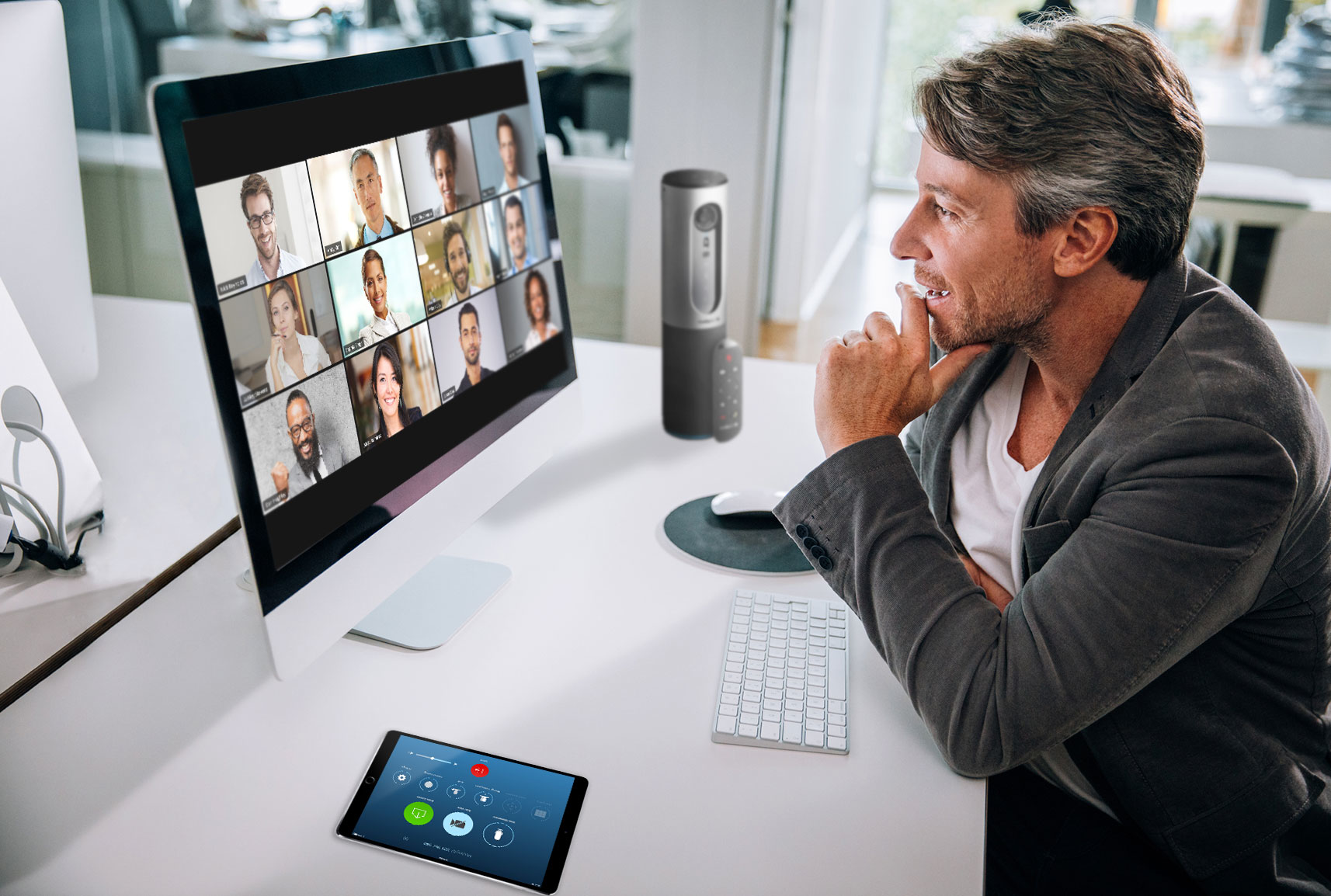Benefits
Removing the Fear from Long-Term Remote Work
If you’re a firm owner or a member of a leadership team, you’re probably starting to worry about the long-term ramifications of everyone working from home. While trepidation is warranted, it shouldn’t be overblown.
Oct. 28, 2020

With it being Halloween season, it’s the perfect time to reflect on what has been quite a scary year. The coronavirus pandemic and our collective response to it has shuttered thousands of businesses, threatened the existence of countless others, and radically changed how we all work and live our lives. With so many bumps in the road, it’s understandable to be fearful. However, with so much to be legitimately worried about, dealing with the possibility of remote work being here to stay shouldn’t be cause for anxiety.
Like so much else in our lives, opinions about remote work have shifted dramatically over the course of 2020. In January, many business owners would’ve told you a work-from-home system would’ve been “impossible” for them. Many of those same folks have now transitioned to a remote set-up for the foreseeable future. With the possibility of a full return to the office still a long way’s off in many places, though, a different set of fears has crept in.
If you’re a firm owner or a member of a leadership team, you’re probably starting to worry about the long-term ramifications of everyone working from home. While trepidation is warranted, it shouldn’t be overblown. Like the monsters in horror movies, your fears about remote work are much less scary when you face them head on. Provided you plan for the future, the following sources of distress won’t be a problem for you.
Fear: Your office will never be open again.
As we prepare for winter, with the possibility of more stringent shutdowns on the horizon, you may wonder if office culture is simply a thing of the past. Companies like Twitter and Facebook are making working from home a permanent option, and others will surely follow suit. But allowing for flexible schedules isn’t the same thing as forcing people to stay home.
When it becomes safe to return to work en masse, commercial real estate will look different, but those differences will mostly benefit firm owners. You can create spaces designed for collaboration and allow people to come to work as often or as little as they’d like. As such, you can design a space that works better for your team and save money at the same time. So even if your office doesn’t return to “normal,” it may end up better than ever.
Fear: Your company culture is in danger.
One of the hardest parts of transitioning to working from home—whether partially or fully—is replicating the social interactions that form the basis of a company’s culture. In some sense, migrating the actual work is the easy part. There is a challenge in adapting company culture to a work-from-anywhere context.
Overcoming that challenge requires taking an active role in maintaining culture in a way that bridges physical distance. You can’t simply let your team members sign on, do their job, and sign off. You should make time for virtual happy hours or other team-building activities, you should try to maintain a virtual water cooler where people can chat about trivial matters, and you should find creative ways to make everyone feel like they’re working together. With those measures and a focus on culture, your employment brand can grow stronger than ever regardless of where your team is located.
Fear: Your clients will shop around.
Most CPA firms serve a largely local clientele. It only stands to reason, then, that without as much depending on where a business is physically located, certain clients may start looking for new accounting solutions. This line of thinking ignores the incredible opportunity these times present.
Local communities are resilient, and they’re relying on each other more than ever before. As you help shepherd your clients through this challenging year and beyond, you can forge a bond that will last years. In the coming years, the benefits of being both remote and local will could make your firm more valuable than ever.
==========
Amy Vetter is a CPA.CITP, CGMA is an accomplished c-suite executive and board member with deep experience in cloud technology and transformation, creating go-to- market (GTM) strategies to scale businesses nationally and internationally.
